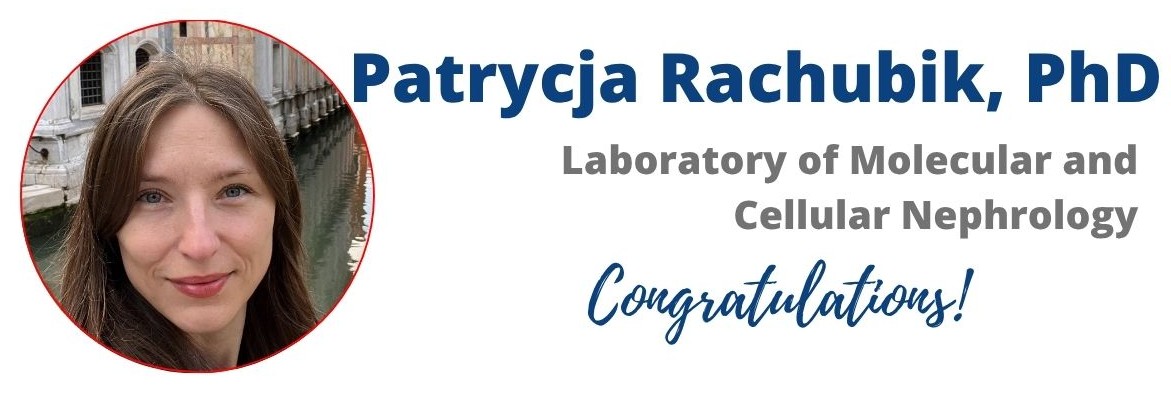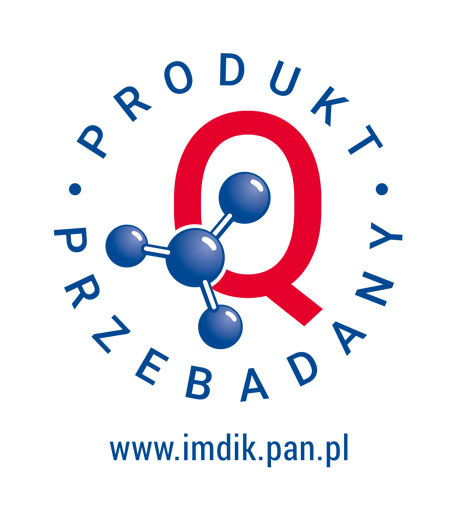We are pleased to announce that our researchers have been awarded grants in National Science Centre Opus & Sonata competitions!
![]()
Tomasz Rygiel, PhD was awarded OPUS funding for project titled: “Investigation of the Mechanism of Enhanced Liposome Delivery to Tumors and its Application for Dual-Target Immunotherapy”.
This project will be carried out in collaboration with Wrocław University of Science and Technology, aims to break new ground in cancer immunotherapy.
Tomasz Rygiel: “We will investigate how advanced liposomal systems can be designed to deliver small-molecule compounds that activate immune cells directly into the tumor microenvironment. We plan to reprogram the function of tumor-associated macrophages and activate strong immune responses against tumors. By combining cutting-edge nanotechnology with immunology, we hope to contribute to more effective and targeted cancer therapies.
A huge "thank you" to the NCN for supporting this important research and to our fantastic team and collaborators”.
Project’s objectives include:
- optimizing liposomal formulations
- investigating biodistribution and pharmacokinetics
- valuating efficacy in preclinical tumor models
- validating results using ex vivo human tumor models

Patrycja Rachubik, PhD was awarded funding in Sonata competition for her project titled: "The role of bile acid receptor TGR5 in insulin-dependent regulation of podocyte function and glomerular filtration barrier permeability".
The gut microbiota is recognized as a distinct organ that, apart from facilitating the absorption of nutrients and energy storage, also participates in the production of secondary bile acids in the human body. Changes in the composition of the gut microbiota affect the overall pool of bile acids, which undergo significant modifications in pathological conditions associated with insulin resistance, such as obesity or type 2 diabetes, simultaneously contributing to the pathogenesis of diabetic kidney disease. As signaling molecules, bile acids interact with the specific membrane TGR5 receptor, which is involved in regulating insulin sensitivity, glucose metabolism, and glucose tolerance. Insulin influences the morphology and function of podocytes that surrounding the glomerular capillaries, thereby determining the impermeability of the filtration barrier to plasma proteins. In diabetes, disrupted insulin signaling leads to the development of insulin resistance that impairs podocyte function, resulting in the disintegration of the glomerular filtration barrier and increased permeability to albumin, known as albuminuria.
Therefore, for the first time, we will investigate whether there are cellular and molecular mechanisms linking TGR5 receptor activity to the development of podocyte insulin resistance and increased permeability of the filtration barrier. An important part of this project will also include studies on the effect of bile acids and the TGR5 receptor on kidney filtration function and microbiota content in the rat genetic model of type 2 diabetes.
Obtained results help us understand the machanism linking the gut microbiome to the development of glomerular diseases. Consequently, it may be the first step towards designing new pharmacological therapies and therapeutic targets for treating kidney diseases.






